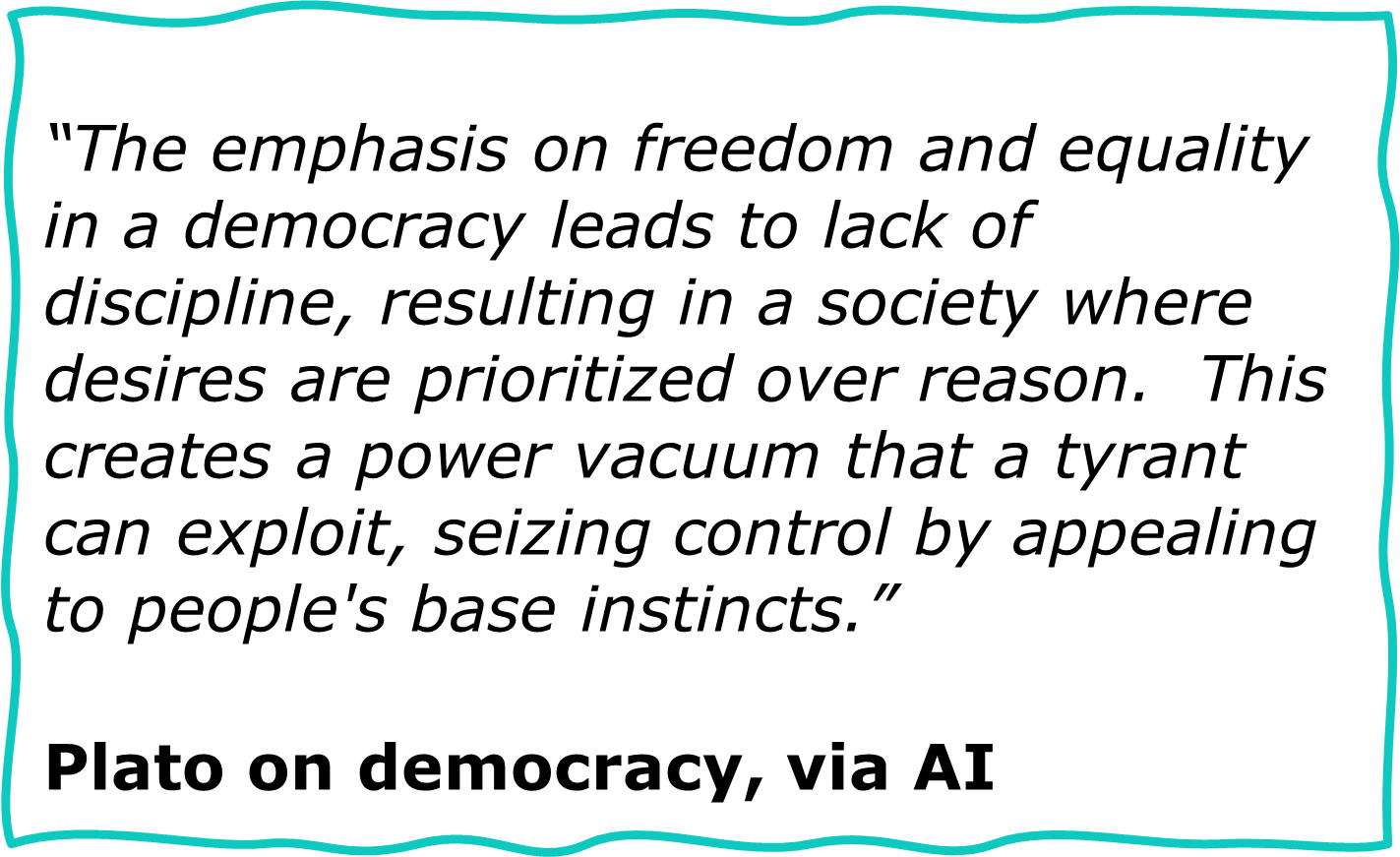 Tariffs announced a week ago on Canada didn’t ruffle market feathers, nor did 50% tariffs on Brazil (because they aren’t being nice to a friend of Trump, ex-President Bolsonaro), nor rumblings that neither Japan nor the EU are happy with Trump’s tariff terrorism. It will be an interesting Summer.
Tariffs announced a week ago on Canada didn’t ruffle market feathers, nor did 50% tariffs on Brazil (because they aren’t being nice to a friend of Trump, ex-President Bolsonaro), nor rumblings that neither Japan nor the EU are happy with Trump’s tariff terrorism. It will be an interesting Summer.
Against this background of growing uncertainty (you thought it couldn’t be greater?!), the changes in major indices over the last week were very limited. Chinese equities had the edge again, up around 2%, and mainstream funds were up somewhat more. For example, iShares China Large Cap up nearly 4%, Chinese tech up 6%, and the China consumer-focussed funds also featuring, up 3%+.
The main reason for this broadly based progress would appear to be Nvidia announcing that the US government will now allow the shipment of a key processor to China. A few months ago this was a “security risk to our GREAT NATION”. Now it isn’t… it never was. This latest U-turn is because the US needed China to lift restrictions on exports of rare earths to the US, essential for their tech industry. To date Xi is playing Trump like a fiddle.
Elsewhere the FTSE 250, Japan, and tech-centric NASDAQ were up 0.25-0.75%. Europe and Brazil were down 1-2%, and elsewhere there was little change. Commodities had a decent week, notably silver and platinum advancing between 3% and 6%, with uranium the star up 10-12%. Copper was down 1-2% after last week’s excitement, and gold continued to drift sideways for now.
The domestically focussed stocks populating the FTSE 250 index were unmoved by both the uninspiring Mansion House speech by Rachel Reeves and the higher-than-expected UK inflation numbers, the latter implying perhaps only one more UK rate cut in 2025.
US stock markets wobbled on “news” that Trump intended to sack the head of the Federal Reserve, the US central bank, for not cutting interest rates, but soon recovered. The markets will almost certainly have to revisit this possibility in the months ahead. The rumour mill is that Trump will find grounds to sack him for fraud in connection with the refurbishment of the Federal Reserve building – as if the Fed chairman would have been involved in the building works, a man who, pre Trump, was often labelled as the most powerful man in the world.
This recent calm in stock markets, even as uncertainty continued to rise, brings to mind Hyman Minsky, who sadly died in 1996 and has missed out on the prevailing fun and games. In a nutshell he said that, paradoxically, periods of stability in the stock market lead to instability and eventual crises. This isn’t simply a feature of recent weeks. It is a feature of recent years, and it is particularly a feature of the US stock market since 1987 – yes, that far back, as we explained in Greenspan and the Age Of Ignorance. The negligence of central bankers encouraged more debt, more speculation, complacency and the buy-the-dip religion… after all, the market always recovers. Until it doesn’t. Until you get the Minsky Moment, when complacent bankers, traders, and investors (and central banks, politicians and regulators?) play the role of arsonists, setting the entire economy ablaze, including financial markets.
As ever, timing is unknown. But government bonds are hinting at trouble.
Japanese government bond yields have just hit their highest levels since the 2008 financial crisis, with concern about political uncertainty triggered by the upper house elections this Sunday coming. But the Nikkei stock market index was unmoved. It wasn’t just Japan. iShares 20-year Treasury bond ETF was down more than 2% in the last week, and long dated Gilts off a little over 1%.
A break above 5.3% in the long-dated Treasury yield will set the cat amongst the pigeons, and that becomes more likely as the tariffs begin to impact inflation over the next 12 months, and bond buyers demand much higher yields to buy the vast supply coming down the pipe. This higher yield is bad for the stock market (higher bond yields offer an attractive alternative to very expensive equities) and bad for the economy (higher borrowing costs, for companies and house buyers). Bear market and recession. Yuk. Of course almost no one expects either – it was ever thus at this stage in the cycle, the Minsky stage.
Next week sanity returns with the update of our Vintage Funds Report.